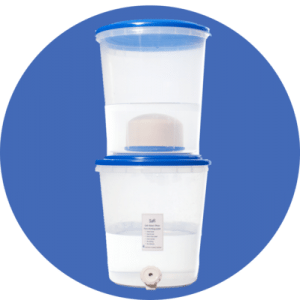
Agriculture
December 12, 2023
Safi Water Filters
Read SolutionImplemented by
Safi Water Treatment Solutions
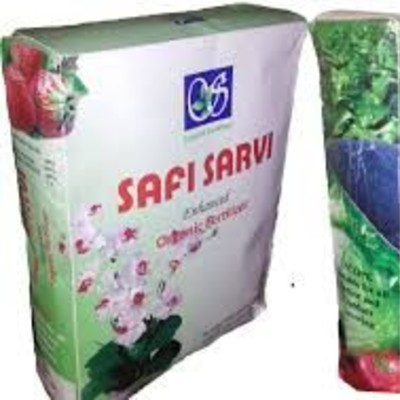
Updated on February 7, 2024
·Created on August 30, 2020
Safi Sarvi is a fertilizer product that is developed from rice husks that would otherwise go waste.
Safi Sarvi is an organic fertilizer product that is made from rice husk waste which normal end up in landfills. The rice husk waste is carbonized and provided the necessary conditions for the growth of beneficial microorganisms. The fertilizer product reduces soil acidity and helps farmers to achieve up to 30% increase in crop yield.
Target SDGs
SDG 2: Zero Hunger
SDG 8: Decent Work and Economic Growth
Market Suggested Retail Price
$15.00
Target Users (Target Impact Group)
Household, Community
Distributors / Implementing Organizations
Safi Organics
Regions
East Africa
Countries
Kenya
Manufacturing/Building Method
The fertilizer is manufactured in Nyandarua County, Kenya using rice husk waste. The area produces a lot of rice husk waste which many times end up in landfills. Safi Organics seeks to reduce this loss by converting the rice husk waste into fertilizer for use on the farms.
Intellectural Property Type
Trademark
User Provision Model
Users can obtain the product directly from Safi Organics
Distributions to Date Status
As of July 2020, the company has distributed about 20,000 bags.Interview with Manufacturer in 2020
Targeted crop
Maize, rice, wheat, beans, peas, vegetables, fruits, flowers, and grasses
Fertilizer type
Granular
Dose (kg/ha)
300 – 600 kg/ha
Application cycle (kg/ha)
Unknown
Design Specifications
Safi Sarvi is a carbon-negative organic fertilizer locally produced in Kenya by Safi Organics. The fertilizer is made using rice husk waste. The rice husk waste is carbonized and heaped for a period of time to allow for the growth of beneficial microorganisms. It is then mixed with a special formula, blended and packaged ready to be used on farms. Safi Organics set out to use rice husks to help reduce the environmental imprint it leaves as Kenya produces a lot of rice husks, which go waste.
Technical Support
Provided by the manufacturer.
Replacement Components
None
Lifecycle
3-5 years
Manufacturer Specified Performance Parameters
The product is designed to improve crop yield by up to 30%, reduce water usage and reduce rice husk waste.
Vetted Performance Status
The efficacy of the fertilizer has been evaluated by the Kenya Agricultural & Livestock Research Organization (KALRO)Interview with Manufacturer in 2020
Safety
No known safety hazards are related to this product
Complementary Technical Systems
None
Academic Research and References
Ahmed, R. R., and Abdulla, A. I., 2018, Recycling of Food Waste to Produce the Plant Fertilizer. International Journal of Engineering & Technology, 7(4.37), pp. 173-178.
Idowu, I., Li, L., Flora, J. R., Pellechia, P. J., Darko, S. A., Ro, K. S., and Berge, N. D., 2017, Hydrothermal carbonization of food waste for nutrient recovery and reuse. Waste Management, 69, pp. 480-491.
Compliance with regulations
The product complies with the regulations of the Kenyan Bureau of Standards Interview with Manufacturer in 2020
Other Information
Safi Organics aims to expand its operations beyond Kenya to other countries
The Kenyan Bureau of Standards has tested the fertilizer for its nutrient content and the efficacy has also been tested by KALRO Interview with Manufacturer in 2020

Agriculture
December 12, 2023
Implemented by
Safi Water Treatment Solutions

Agriculture
June 23, 2024
Implemented by
MAPS (Mobile Agricultural Power Solutions)
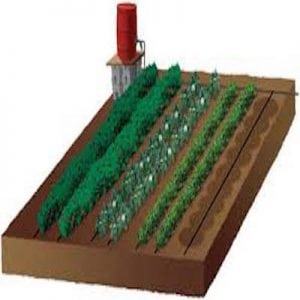
Agriculture
August 21, 2024
Implemented by
Netafim
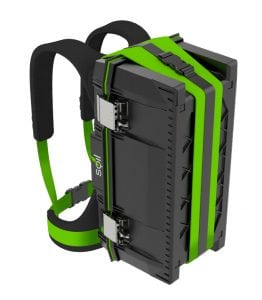
Agriculture
September 11, 2024
Implemented by
Earth Institute at Columbia University with Alliance for a Green Revolution in Africa (AGRA)
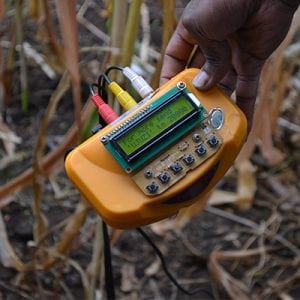
Agriculture
January 20, 2025
Implemented by
UjuziKilimo Solutions
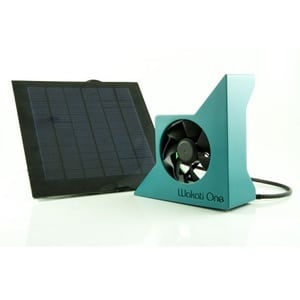
Agriculture
August 19, 2024
Implemented by
Wakati

Agriculture
June 11, 2024
Implemented by
Ignitia

Agriculture
May 31, 2024
Implemented by
Mohamed M. Jimale
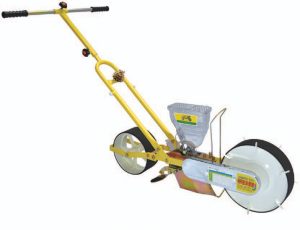
Agriculture
February 21, 2024
Implemented by
Jang Automation Co. Ltd.
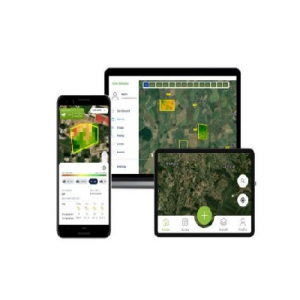
Agriculture
June 27, 2024
Implemented by
Seed Innovation Pvt. limited (Nepal)
Have thoughts on how we can improve?
Give Us Feedback